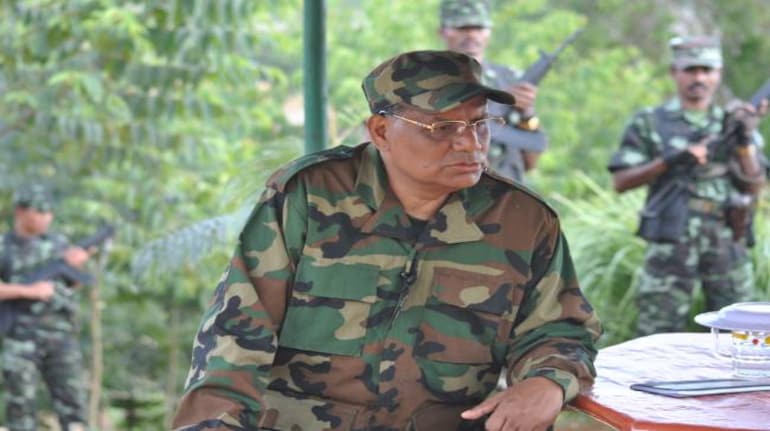



On May 15, the anti-talks faction of United Liberation Front of Asom (ULFA(I)) led by chief of staff Paresh Baruah sprang a surprise by declaring a unilateral ceasefire with the government for three months. The reason cited in a release was the ongoing COVID-19 pandemic which prompted the banned outfit to temporary call off its campaign for an independent Assam. The decision came barely a week after Chief Minister Himanta Biswa Sarma renewed an appeal to the outfit to engage in talks for a negotiated settlement.
Since it emerged in the early 1980s, this is ULFA’s third ceasefire — the first was in 1991 within weeks after Operation Bajrang was launched, and the second in 2006 after the Manmohan Singh government despatched a letter to chairman Arabinda Rajkhowa agreeing to discuss all ‘core issues’. Both the initiatives for a negotiated settlement failed owing to the opposition from the hardline faction led by Baruah.
So, what motivated Baruah to declare a unilateral ceasefire this time around?
The faction he heads is estimated to have a strength of less than 200 cadre, most of whom are based in the Naga inhabited zone in Myanmar. Its capability to continue the campaign has been diminishing since the split in 2010-11 when another faction led by Rajkhowa began talks with the government.
The outfit’s network in Myanmar was ruptured and the camps demolished when Tatmadaw (Myanmar military) launched Operation Sunrise early in 2019 against the rebel camps following a deal with the Indian government. Almost all the major establishments of the separatist outfits — Taga, Second Battalion and General Headquarters — were eliminated in an exercise lasting for over two months. All the ULFA functionaries shifted north to the region inhabited by the Pangmi and Konyak Nagas, while the Manipuri outfits relocated to the camps in a southern direction adjacent to Manipur.
Ahead of the operation, there was a system for the flow of funds to the camps which was heavily dependent upon the collection from the eastern districts of Assam. It was never consistent owing to different reasons which explain why the camps had to undergo bouts of severe shortages occasionally. Contrary to a widespread perception, the ULFA never had billions of dollars in the banks of Bangladesh and elsewhere to finance the separatist movement. In recent months, if information from rebel sources is to be believed, the finances of the outfit have further taken a nosedive as the collection of funds has been extremely inadequate. No wonder, both the ULFA(I) and the NSCN(K) had demanded Rs 20 crore for the release of two employees of an oil exploration firm Quippo abducted in December (both were separately released months later).
The security forces in Assam swung into an aggressive mode after the twin outfits abducted three employees of ONGCL last month. Within four days, two employees were rescued after an operation in Nagaland while the third is believed by the government to have been whisked away by the outfit to Myanmar. Operations have intensified in all the districts of eastern Assam, especially in Tinsukia where the outfit still commands support.
Sarma said that the ULFA(I)’s decision was a ‘ray of hope’ but he has turned down the possibility of the government responding with a similar ceasefire as it had happened in 2006. Even if Baruah decides to extend the ceasefire, he would expect the government at some point to offer him an invitation for talks. He would also insist on a written communiqué from the government mentioning that it would be willing also to discuss on Assam’s sovereignty. This is something that the Bharatiya Janata Party (BJP) cannot be expected to do and the party’s rigid stance on such issues is evidenced from the stalemate with the peace process in Nagaland.
In the given circumstances, it is doubtful if the ceasefire would lead to a peace process between the two sides. It is difficult to envisage Baruah’s arrival in New Delhi from Yunnan to participate in the peace process with the approval of his Chinese handlers. Many government officials are convinced that he is exploring the possibility of a ‘deal’ with the new government through the ceasefire that would ensure the survival of the outfit for some more time. All these aspects notwithstanding, there is speculation among some circles that somebody associated with the outfit could soon land in Guwahati from a foreign destination.
Discover the latest Business News, Sensex, and Nifty updates. Obtain Personal Finance insights, tax queries, and expert opinions on Moneycontrol or download the Moneycontrol App to stay updated!
Find the best of Al News in one place, specially curated for you every weekend.
Stay on top of the latest tech trends and biggest startup news.